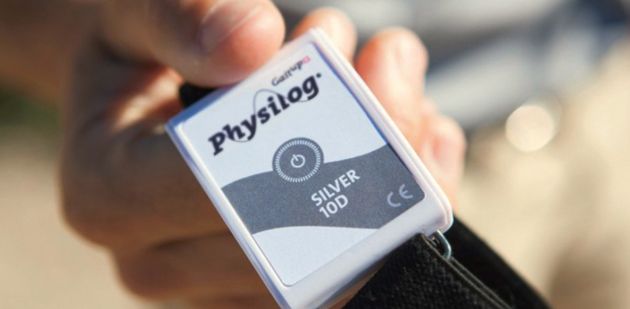Gerontechnology is designed to improve living conditions for the elderly. Several companies in French-speaking Switzerland are active in this field.

The Swiss are getting older. The number of Swiss people aged 65 and older will nearly double to more than 2.5 million people between now and 2060. The Swiss Federal Statistical Office estimates that they will represent 28.3% of the population, compared with 17.1% in 2010. The ageing population is creating needs in leisure activities, in-home services and health care. Several companies in French-speaking Switzerland now specialise in this sector.
Gait Up, a spin-off from the Swiss Federal Institute of Technology in Lausanne (EFPL) and the Lausanne University Hospital (CHUV), has developed an algorithm that can detect certain disorders based on movement and send notifications if the person falls. In 2015, another EPFL start-up, Domosafety, launched a home alert system for the elderly that warns loved ones or medical professionals in the event of an accident or loss of autonomy. Sensors installed in the home detect any abnormal behavioural change, such as a lack of movement for an extended period due to a fall.
Maintaining independence
Domosafety wants to keep seniors independent and living at home. But with Big Brother watching? “The system isn’t intrusive,” says Edouard Goupy, co-founder and CEO of Domosafety. “There is no camera, no microphone and no direct observation. The point isn’t to find out if someone spends 20% of their time in the dining room. If everything is all right, nothing happens,” he says. “The indicators are very accurate and were developed with the help of home care doctors and nurses. And the individual doesn’t wear any sensors. The user approves all the settings.”
Domosafety has 14 employees and 150 customers in Switzerland, with plans to develop abroad. The company could soon join CHUV to work on its mobile health assessment platform (NeuroTech), initiated by Professor Philippe Ryvlin, Department Chair of the Department of Clinical Neuroscience. “The idea is to use Domosafety’s systems to generate clinical data on patients with neurological diseases, in order to store and analyse that data,” says Stanislas Veuthey, operations manager of the project at CHUV. “We could be able to predict an epileptic seizure a few hours before it happens and notify the patient so that he may administer the appropriate treatment.”
PersonalCare Systems is developing a similar system, with plans for commercial use by early 2016. The Geneva-based company, founded in 2012, addresses home care facilities and foundations. In May 2015, the start-up won the Prix Graines de Boss, an award given to promising young companies.
Meeting real needs
Despite its proliferation, the gerontechnology developed at present does not always meet the needs of the elderly, says Henk Verloo, professor at the Institut et Haute École de la Santé La Source in Lausanne. “There is a huge potential. Everyone is convinced of it, inclu-ding seniors. But there is a gap between what engineers design and what users want,” he says. “For example, many people are reluctant to wear alarm systems because they don’t want it to be visible. Installing sensors in their home is also hard for them to accept.”
Henk Verloo is taking part in a study to identify the perception and usefulness of innovative technology for seniors to be used at home. The project is a team effort between the Universities of Applied Sciences and Arts in Geneva, canton of Vaud and La Source, and the home care services of the cantons of Geneva and Vaud. Research extends beyond the elderly and their loved ones to look at the perception of health care professionals and how engineers, manufacturers and scientists view these technologies. Ethical issues between health care providers and patients also need to be considered. “With the alert and monitoring systems, nurses feel as though they’re watching their patients. And that’s the reality.”